The Vietnamese team only beat Nepal (ranked 176th in FIFA) by a minimal margin of 1-0 on the evening of October 14. Before that, coach Kim Sang Sik's team also only beat the South Asian team by a score of 3-1 on October 9. Despite winning all 6 points in the past two matches, the Vietnamese team has not met the expectations of the fans.
Former Vice President of VFF, also former Vice President of the Southeast Asian Football Federation (AFF), Duong Vu Lam pointed out both objective and subjective reasons why the Vietnamese team could not win against this weak opponent.
In addition, speaking with Dan Tri reporter, Mr. Duong Vu Lam also analyzed the current situation of national teams in Southeast Asia, amid the wave of naturalized players appearing massively in the region .

The weather affected the professional quality of the Vietnam - Nepal match on the evening of October 14 (Photo: Khoa Nguyen).
Vietnam team is fading
How do you evaluate the Vietnamese team's performance against Nepal on the evening of October 14? Why did we only win against the South Asian team with a minimal margin?
- First, regarding objective reasons, the team did not play well in this match partly because of the heavy rain before the ball rolled, which affected the pitch. From there, the situations of movement, dribbling, passing and receiving the ball of the players were also affected.
Next, perhaps the form of the Vietnamese players at this time is not good, the physical strength of many positions on the field is not at its best. They move not smoothly, the handling gives a rather heavy feeling.
However, for whatever reason, the Vietnamese team's lackluster performance against Nepal has disappointed viewers and worried professionals, because Nepal's football is much weaker than Vietnam's.
Many of their players are still playing amateur football, some do not have a team to play with regularly every week, so with objective conditions happening on the field such as rain, slippery field, wet ball, their players should be affected more than Vietnamese players, not vice versa.
Can you elaborate on the lackluster performance of the Vietnamese team, sir?
- We played poorly throughout both matches against Nepal on October 9 and October 14, at Go Dau and Thong Nhat stadiums (both in Ho Chi Minh City), so we cannot blame the weather entirely.
In both of these matches, the Vietnamese players' coordination was quite disjointed, not fast enough to create chaos for the opponent's defense, nor diverse enough to distract the Nepalese defense and leave gaps.
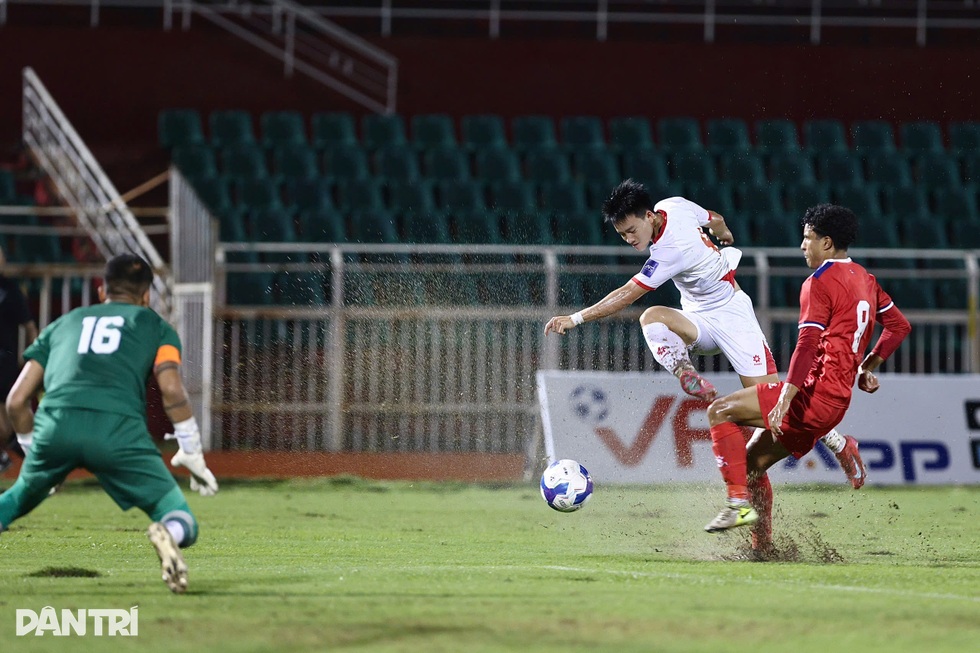
The coordination of the Vietnamese team was quite disjointed (Photo: Nam Anh).
Putting aside the factors of form and fitness, the most worrying thing about some Vietnamese players in the recent matches against Nepal was their lack of enthusiasm. Some positions did not actively move without the ball, did not accelerate when the home team changed their state, which led to our attacking combinations not being fast enough and not having enough people to occupy the spaces, not enough to help the whole team play more diversely.
It is difficult to reverse the situation against Malaysia with the current playing style.
At the same time as the Vietnam team's match against Nepal on the evening of October 14, the Malaysian team won 5-1 against the Lao team. What does the result of this match say, sir?
- Just like the match between Vietnam and Nepal, it is almost inevitable that Malaysia will win against Laos, based on the level of football between the two countries. What I care about is how they win.
Malaysia were down 1-0 to Laos in the first half, showing their morale was affected by the fact that they could be disqualified from the 2027 Asian Cup by FIFA and AFC, over the incident of seven of their naturalized players using fake documents.
With their spirits wavering, Malaysia was behind Laos, but in the second half, when there was a break between the two halves to calm down, the Malaysian players scored 5 goals against the Laos team. This reflects that, despite losing the group of 7 naturalized players, the Malaysian team still finds it difficult to play against the Vietnamese team.
Suppose that the AFC will only make a decision on the Malaysian team after the 2027 Asian Cup qualifiers in March 2026, and the Vietnamese team still needs to beat this team in the return match to be sure of a ticket to the final round. Will we be able to beat Malaysia by a margin of 4 goals or more?
- When Malaysia lost 7 naturalized players who were “suspended” by FIFA, the Vietnamese team is theoretically the stronger team. However, the problem is how we will perform in the coming time.
If the Vietnamese team, if some Vietnamese players still play without enthusiasm and energy like in the two recent matches against Nepal, it will be very difficult for us to win against Malaysia with a minimal difference in the second leg, not to mention winning with a difference of 4 goals.
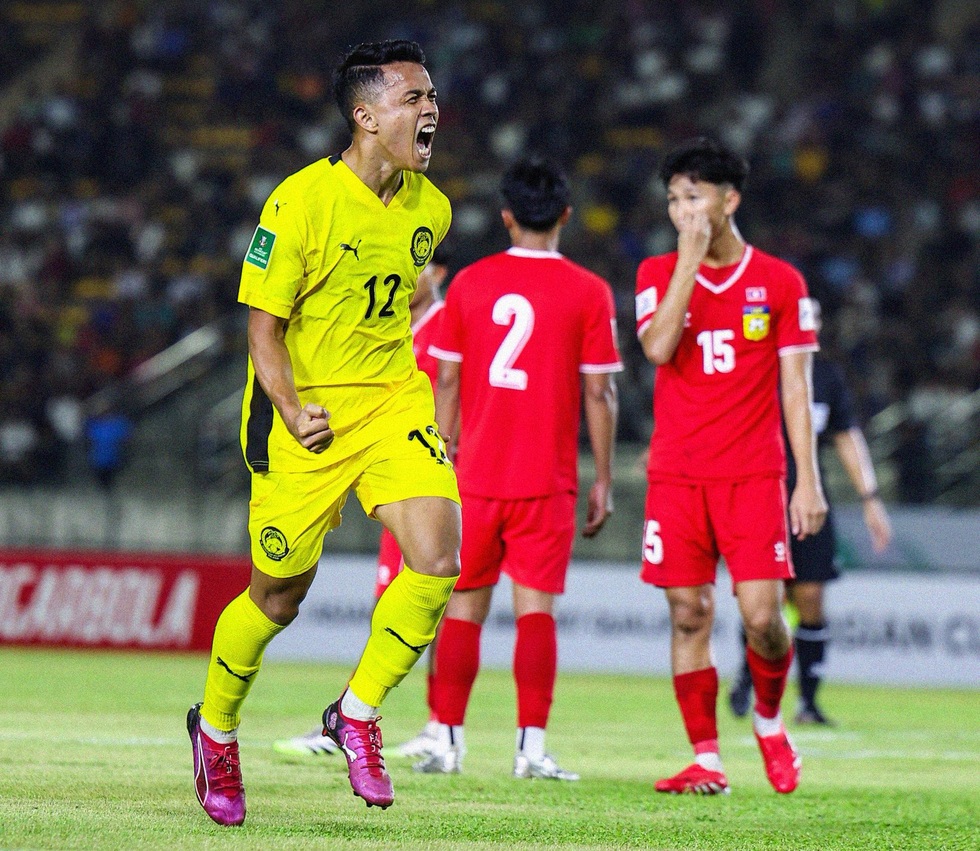
As long as the AFC has not made an official decision, Malaysia is still the team leading the Vietnamese team in the 2027 Asian Cup qualifiers (Photo: FAM).
In theory, as long as the Malaysian team has not been eliminated from the 2027 Asian Cup by the AFC, they are still ranked above us in Group F of the qualifying round. The task of the Vietnamese team is to prepare professionally to turn the tables against them in the second leg.
Since we cannot predict the AFC’s next steps regarding how they will handle the Malaysian team, we need to focus on what we can proactively do, which is to prepare the Vietnamese team professionally. Particularly with the recent matches against Nepal, it can be said that the Vietnamese team was not well prepared for the rematch with Malaysia.
Naturalized players cannot help Southeast Asian teams reach new heights
Also related to the issue of naturalized players in Southeast Asia, a team that has just failed to achieve its goal is Indonesia. How do you evaluate Indonesia's failure in the 2026 World Cup qualifiers?
- The large number of players of Dutch origin appearing in the Indonesian team helps them to be better than the teams using pure Southeast Asian players. However, the level of this group of players is only at a fair level.
If we compare Indonesia’s Dutch-born players to the top teams in Asia, Indonesia still lags behind. For example, the top names in Asia including Japan, Korea, Iran all have famous players playing in the top European leagues and clubs, while Dutch-born players only play in the middle-class teams in the “old continent”.
That is the first difference, related to professional level. Next, in terms of spirit, naturalized players of Indonesia do not have the good spirit as the teams of Saudi Arabia, Iraq, Uzbekistan and many other teams. These teams play with more passion, possess a higher element of national colors.
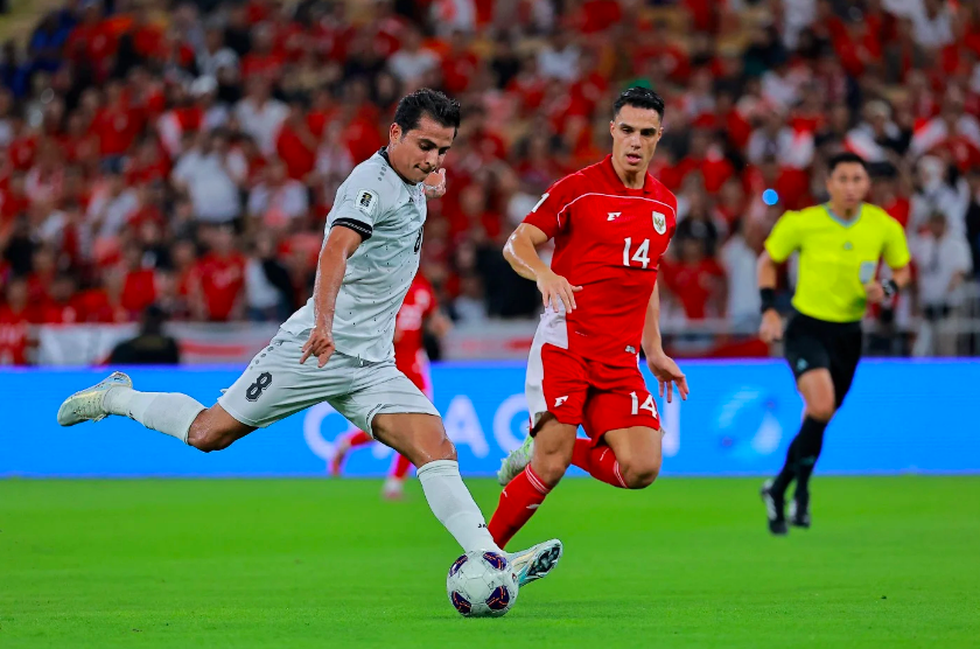
Indonesia (red shirt) with a team of naturalized Dutch players still failed in the World Cup qualifiers (Photo: Reuters).
For example, if the Saudi Arabian, Uzbekistani, and Iraqi teams lose, their players will face enormous pressure from domestic public opinion. This factor forces them to try their best to not lose. As for the naturalized Indonesian players, after the matches they do not even return to the archipelago, but go straight to Europe, they hardly care about Indonesian public opinion. That is the huge difference that creates the determination of both sides.
Does this mean that naturalizing players is still not the fastest way for Southeast Asian teams to reach international success?
- As I said, there are two factors that determine success, the first is technical ability, the second is spirit. In terms of technical ability, the naturalized players currently present in Southeast Asia are still inferior to players from the top football countries in Asia.
Next, in terms of spirit, naturalized players are less likely to have a good spirit than native players, trained locally from a young age. The growing environment is very important, the element of national pride is often formed from this environment. Thanks to that, pure domestic players often have a better element of national pride than naturalized players, when their home team is put in a difficult situation.
Uzbekistan has done a good job of training to improve the quality of football, then got a ticket to the World Cup, but they did not get this ticket by naturalizing players. Japan also does not need to naturalize players to become the number one football team in Asia, now approaching the world's top level. On the contrary, teams that massively use naturalized players like Malaysia and Indonesia are suffering the negative effects of this.
Thank you for the conversation!

Source: https://dantri.com.vn/the-thao/cuu-quan-chuc-aff-tuyen-viet-nam-kho-thang-malaysia-o-tran-tai-dau-20251015121649715.htm


![[Photo] General Secretary To Lam attends the 18th Hanoi Party Congress, term 2025-2030](https://vphoto.vietnam.vn/thumb/1200x675/vietnam/resource/IMAGE/2025/10/16/1760581023342_cover-0367-jpg.webp)
![[Photo] Nhan Dan Newspaper launches “Fatherland in the Heart: The Concert Film”](https://vphoto.vietnam.vn/thumb/1200x675/vietnam/resource/IMAGE/2025/10/16/1760622132545_thiet-ke-chua-co-ten-36-png.webp)




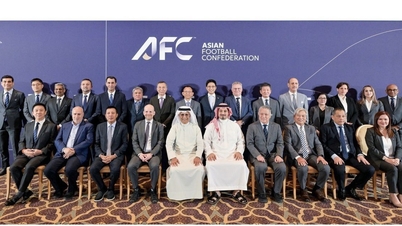



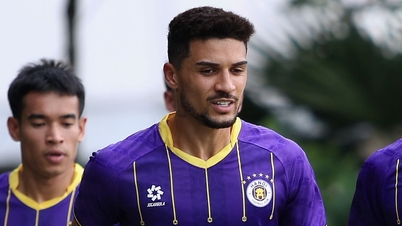

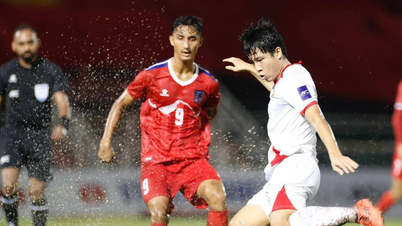



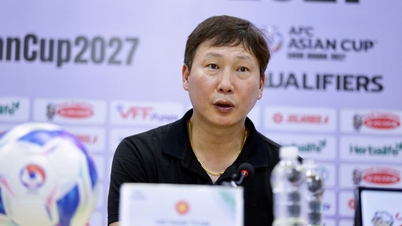



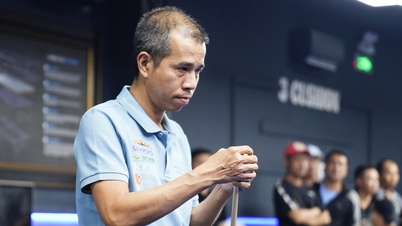




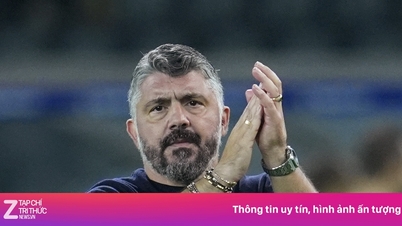
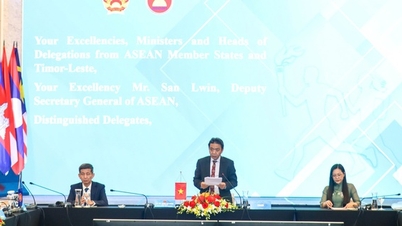









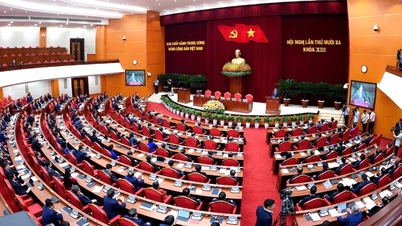






![[Video] TripAdvisor honors many famous attractions of Ninh Binh](https://vphoto.vietnam.vn/thumb/402x226/vietnam/resource/IMAGE/2025/10/16/1760574721908_vinh-danh-ninh-binh-7368-jpg.webp)


























![[Photo] Nhan Dan Newspaper launches “Fatherland in the Heart: The Concert Film”](https://vphoto.vietnam.vn/thumb/402x226/vietnam/resource/IMAGE/2025/10/16/1760622132545_thiet-ke-chua-co-ten-36-png.webp)

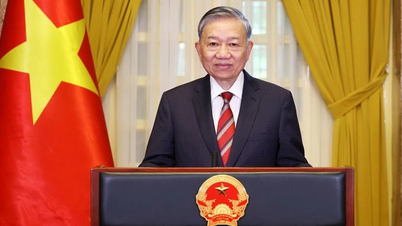



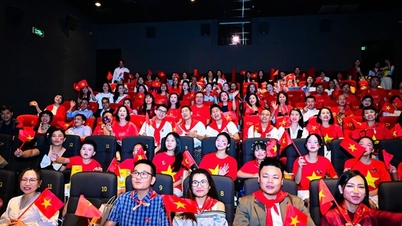

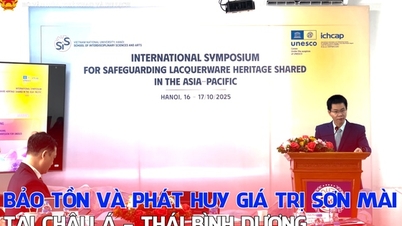

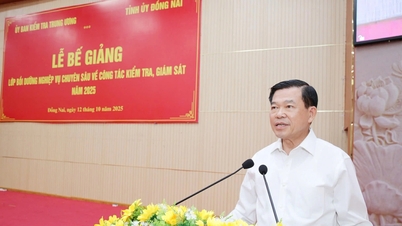
























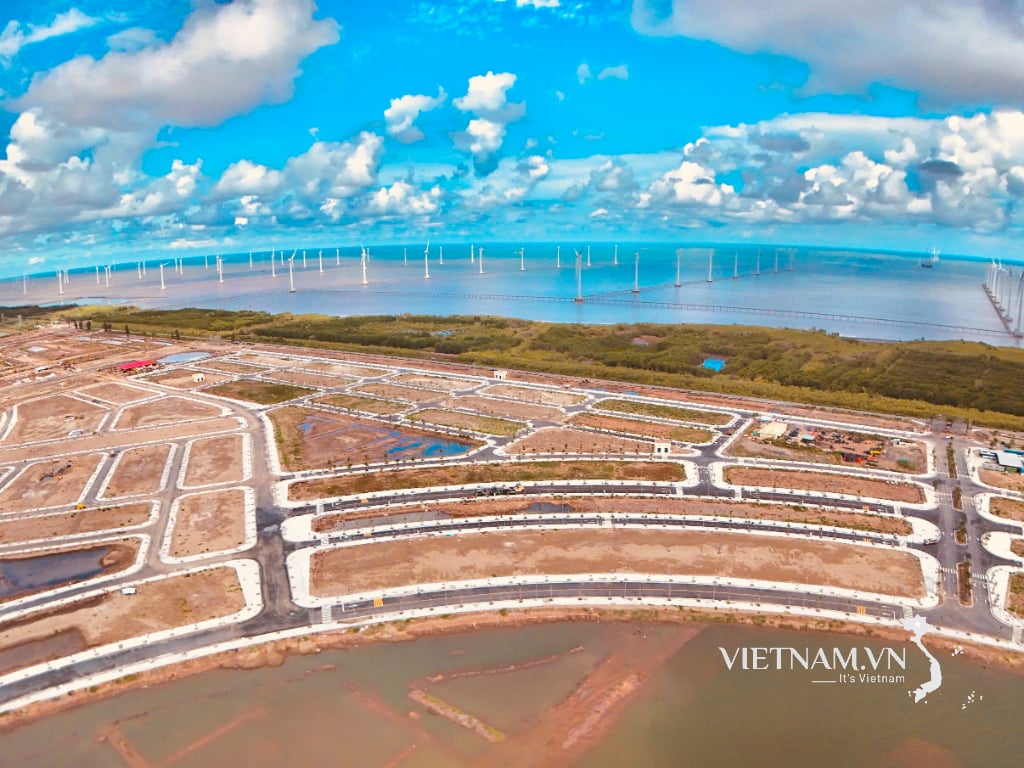
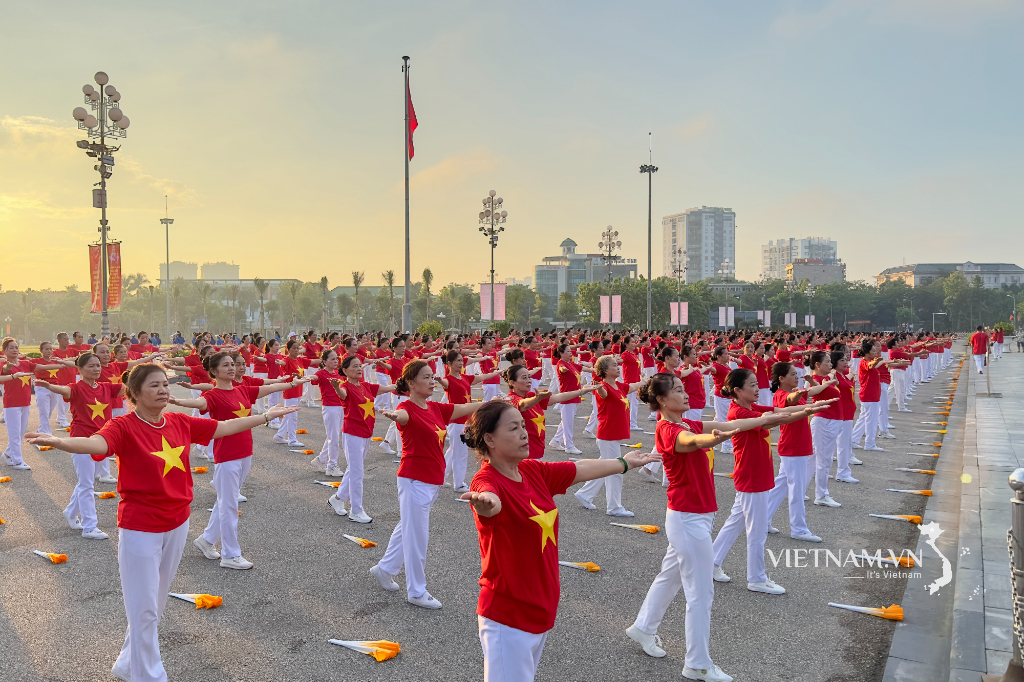
Comment (0)